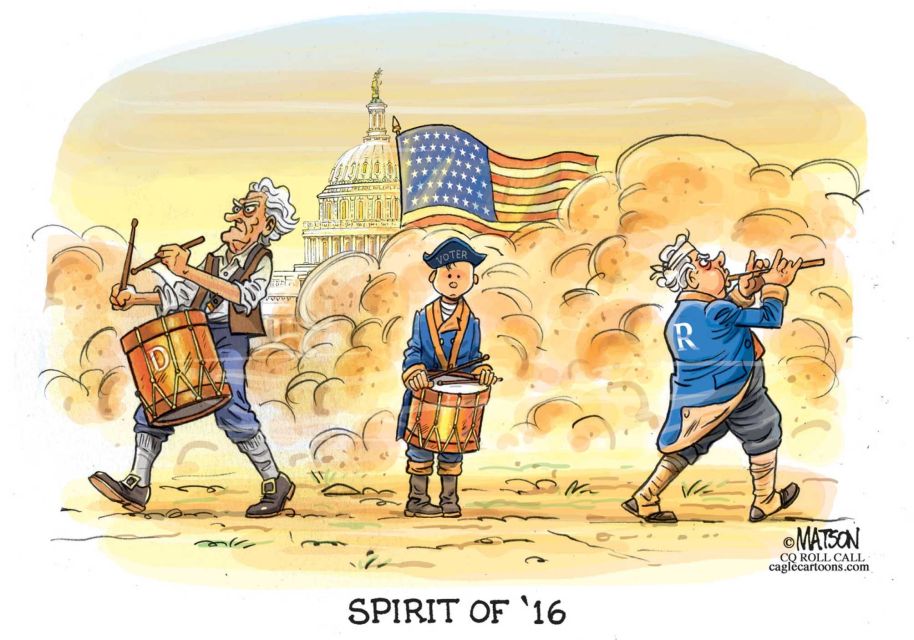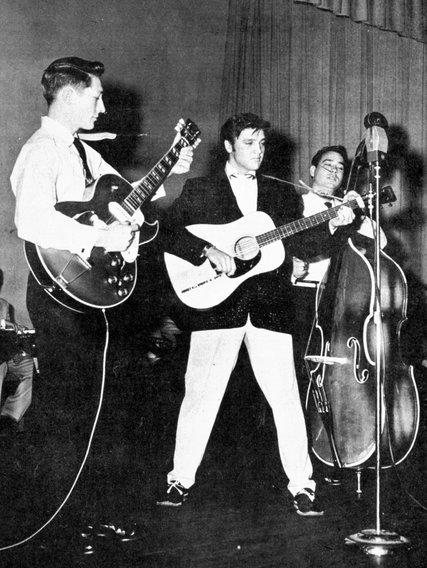(There will be limited blogging until 7/26, as Wrongo and Ms. Right spend an extended weekend in Philadelphia)
The first night of the Republican National Convention ended dominated by one bizarre question: Was Melania Trump’s convention speech plagiarized from a Michelle Obama convention speech from 2008?
OK, she probably would have gotten an “A” from Trump University, but pulleez, people! This isn’t a big deal.
Melania Trump is not a major figure in the GOP, and plagiarism of parts of a speech doesn’t have the same connotation in political speeches that it does in academia. So she stole a few lines from a Michelle Obama speech. So what? She isn’t running for anything, and the statements were largely clichés. If you are hoping to show the incompetence and dishonesty of the Trump campaign, there are bigger more important examples.
Why should anyone care about this? If Melania Trump has one interview with the press, and says she liked the ideas in Michelle Obama’s speech, this is over. Why is the media so focused on this? Why are they not focusing on the things of substance that were said in Cleveland yesterday, things that are legitimately terrifying because they could actually become policy?
They could have focused on Rep. Steve King (R-IA) going full white supremacist.
Or, Rudy Giuliani going off about the imminent (?) terrorist threat facing America, saying:
You know who you are, and we are coming to get you.
Or, the extended poutrage about “The Battle of Benghazi”.
Or, convention speaker actor Antonio Sabato Jr. who questioned Obama’s religion, saying the president is “absolutely” a Muslim.
Or, if they were truly interested, they could analyze the GOP 2016 Platform, its most socially conservative platform ever.
But our media wants to keep it simple: Everything else spoken from the stage last night requires explaining something complex, like matters of policy. That’s hard work for the reporters, and maybe for the people to understand. But when a candidate for first lady steals parts of the opposing party’s speech, that’s easy to report and to understand.
It appears that the media is incapable of making the sort of deep, factual critique of policy that we need from them. Wrongo can be annoyed about it, but that’s how it is.
The press should focus on the doughnut, and not the hole, particularly when the hole isn’t a policy speech.
OTOH, when a goofy low-stakes gaffe like this one gets the media saying negative things about Trump, we’ll just have to go with it.

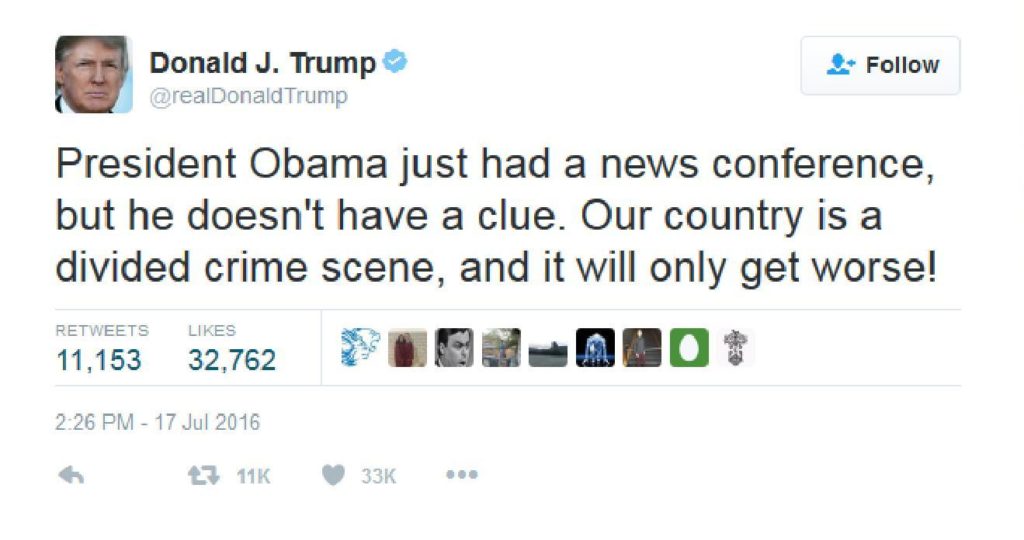
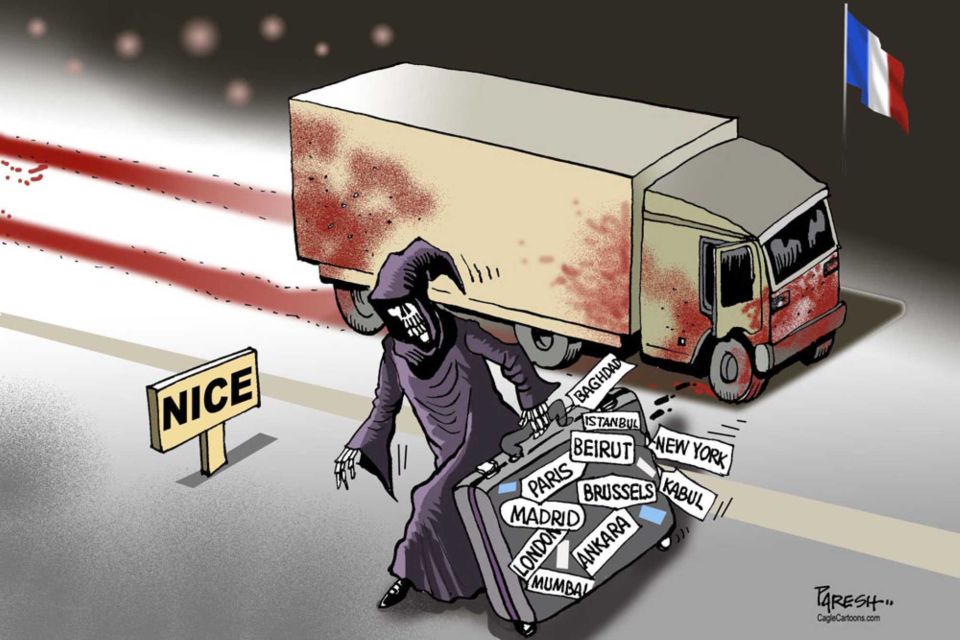

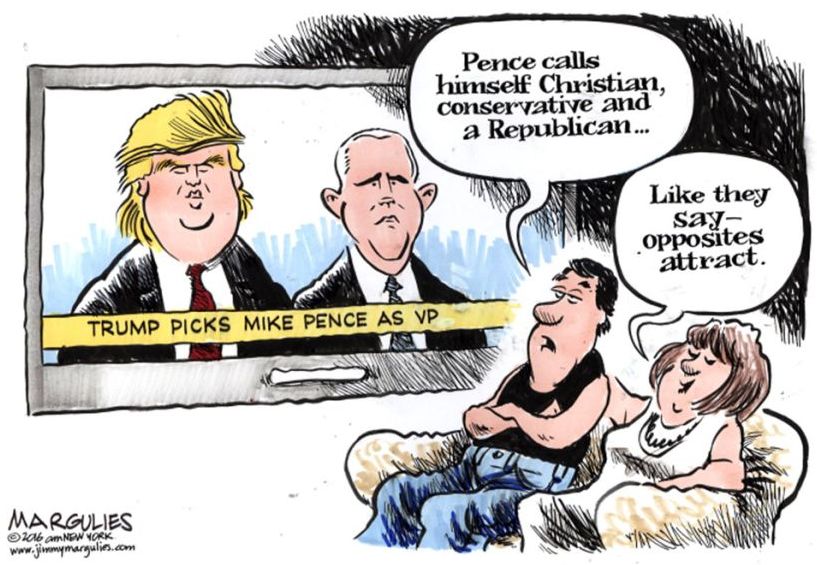
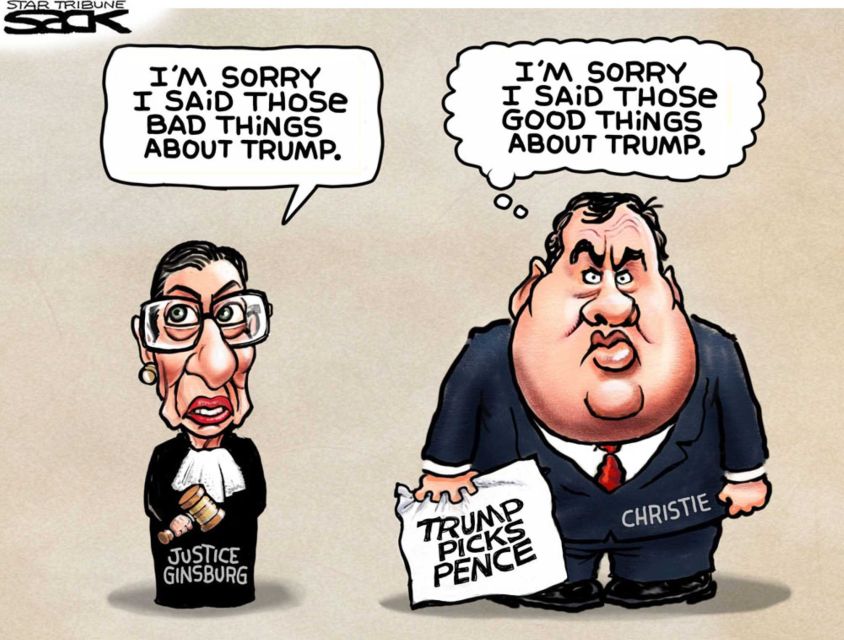
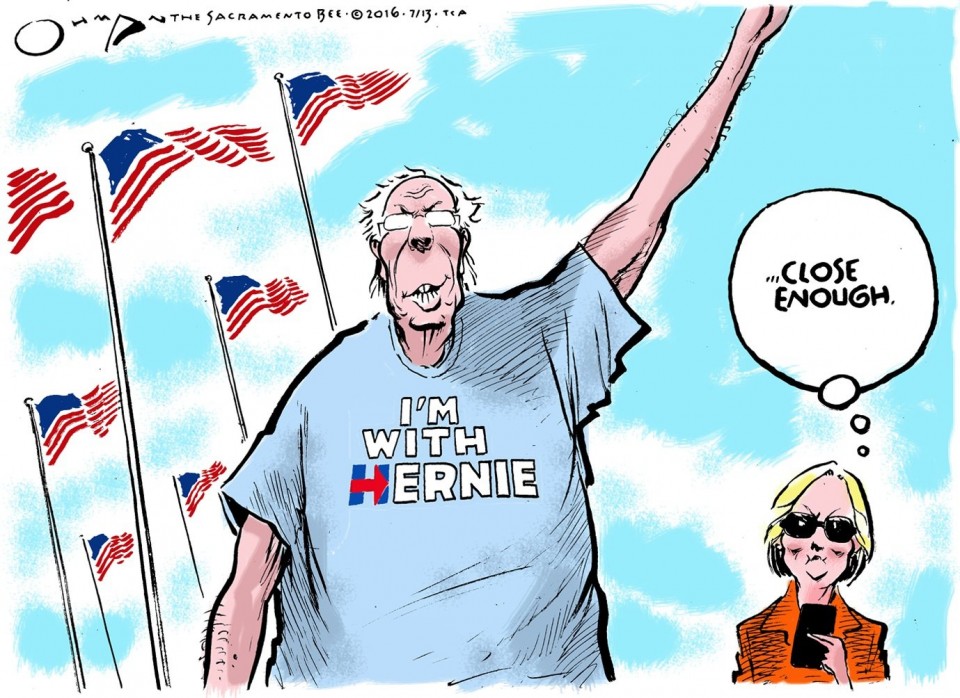 America has decided:
America has decided: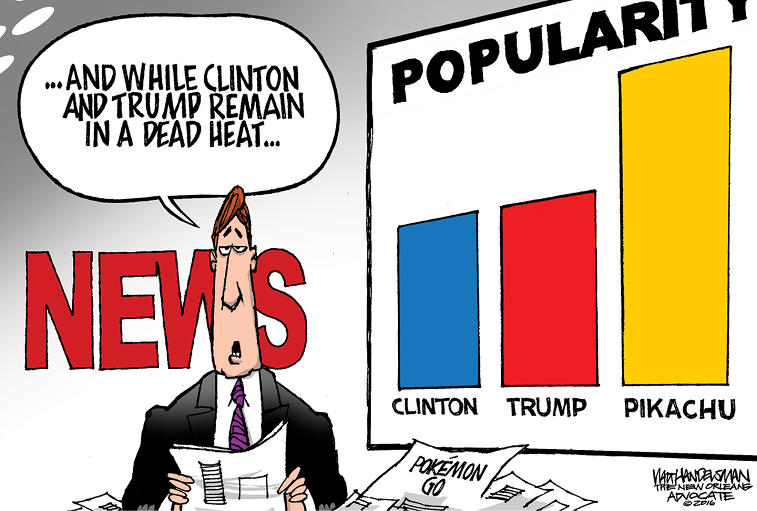

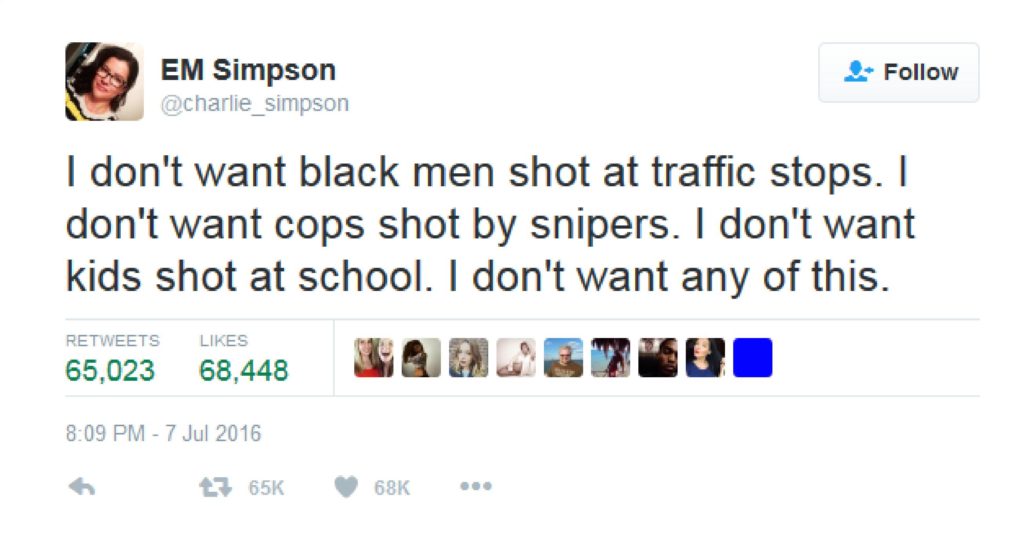

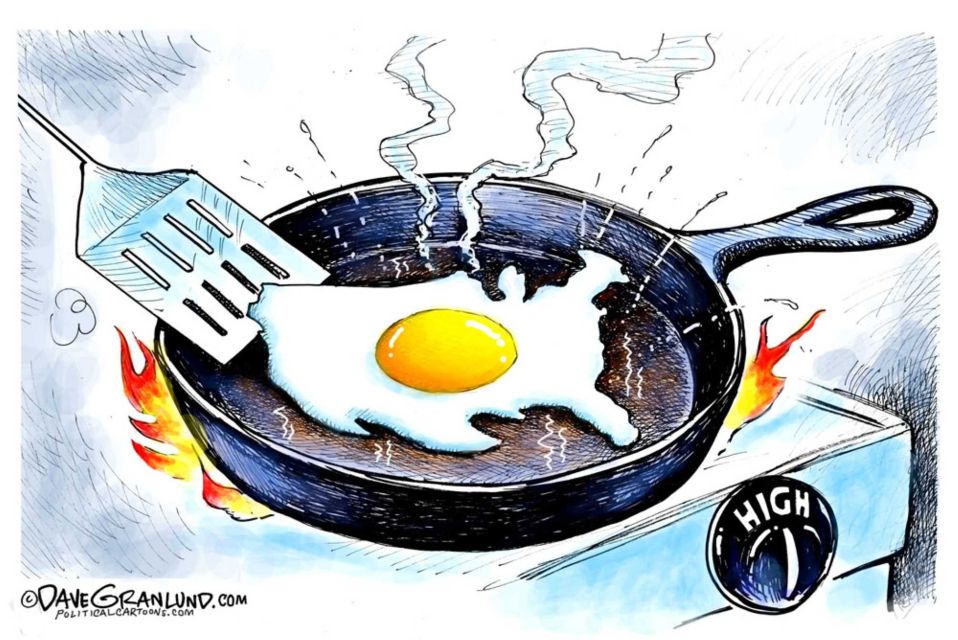
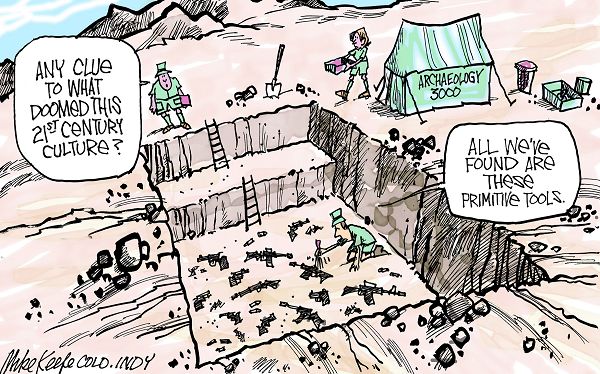
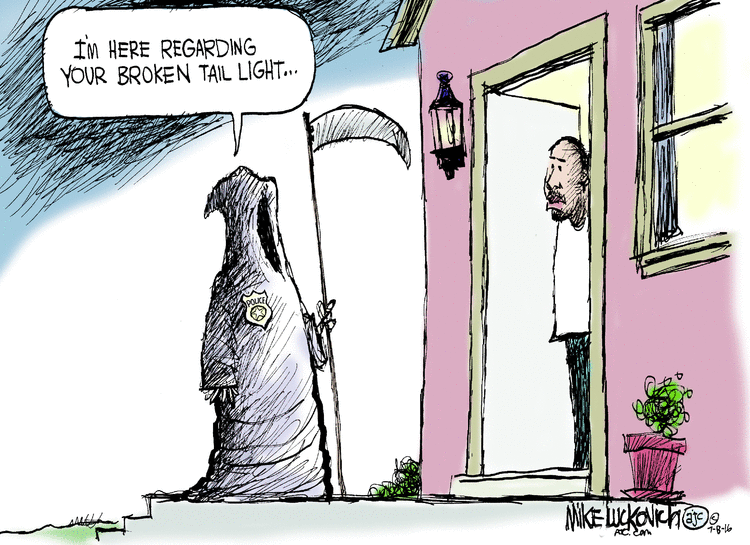


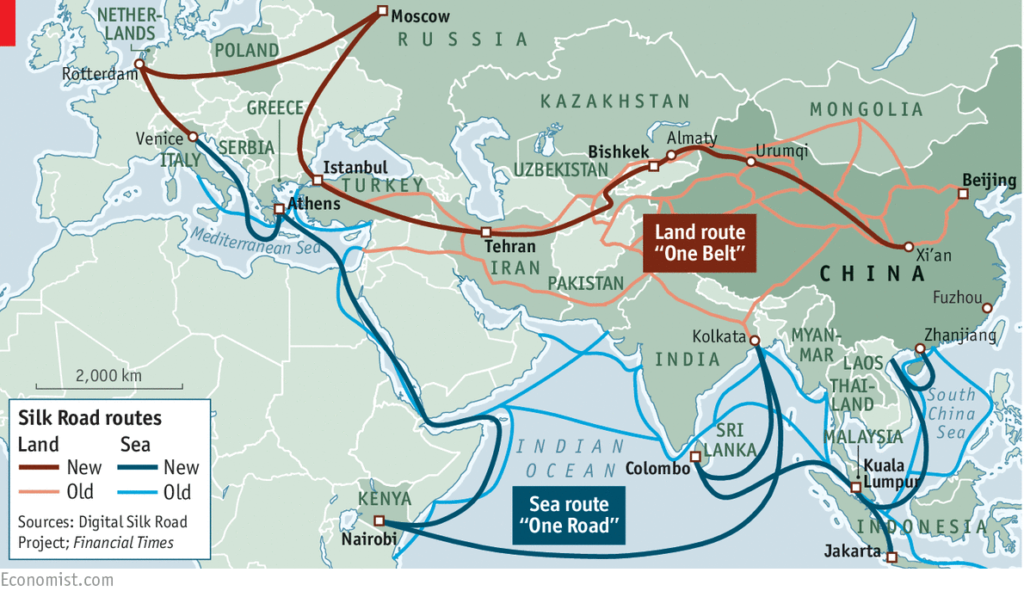 Source:
Source: 